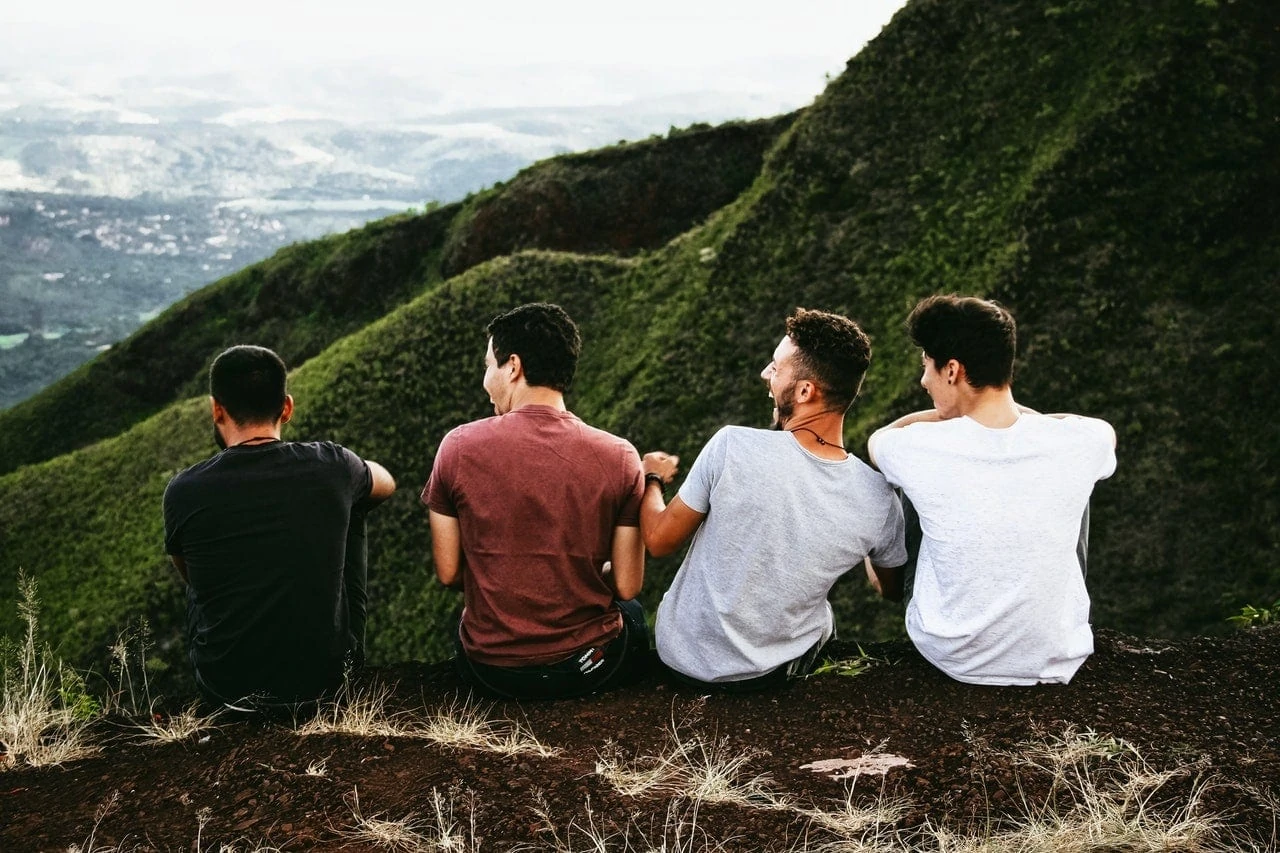
Loneliness in Sobriety
Recovering from addiction is a process that takes some time to adjust to. For many people, it means giving up friendships with people they used to drink or use drugs with and finding a new community that is supportive and caring. This community-building takes time, like many things in life. You may find that loneliness creeps up from time to time to rear its ugly head while you’re new to recovery. How can you cope with this feeling, and is it normal?
Yes, Loneliness Can Be Normal
Especially today, when we’re all facing the COVID-19 pandemic, loneliness is a powerful yet common/normal emotion. Leaving behind your old life will be hard at first, but you’ll soon have more friends. As a person in recovery, however, you have more options than you used to. Addiction treatment will help you build new friends who also can function as a supportive community.
A supportive community is a significant part of being sober. Once you’ve connected with others in recovery, you’re not alone anymore. You also have the benefit of other people caring about you and offering experience, strength, and hope when you need help and advice.
In recovery, you’ll need to surround yourself with people who understand where you’re coming from. You may feel lonely, even when other people surround you. Again, this is normal, but coping with it can be difficult.
Coping with Loneliness
Coping with loneliness means putting yourself out there and connecting with others. In early recovery, this can be hard, but you can do it. Here are some ways to start to change lonely feelings:
- Learn to be alone. Everyone has to spend some time alone in life, so it’s crucial to begin to enjoy your own company. Spend time nurturing yourself; take walks or ride your bike, read books, or watch a movie on Netflix. Be alone doesn’t have to be lonely.
- Rebuild relationships. You may have hurt family or friends during your addiction, but as you stay sober longer, you’ll be able to reconnect. Begin by only getting and staying in touch. (Don’t ask for things! Just have genuine conversations.) Ask your sponsor for help making amends to loved ones.
- Participate in group therapy. When you’re in treatment, you get out of it what you put into it. Really listen and try to connect with others in your groups. Offer to help others in need (as long as it is safe for your recovery.)
- Acknowledge your feelings. It’s okay to feel bad, sad, or lonely every once in a while. These feelings will pass. Work on bettering yourself today. If lonely feelings linger, or you start to feel depressed, reach out to your therapist or sponsor.
- Be a friend to others. If people aren’t calling, texting, or sending messages to YOU, then you can reach out to them. Send positive messages to others in your support group. Ask them how they are doing. Send pick-me-up gifs or videos. Giving support and friendship will help you also get support and friendship for yourself.
- Learn some new hobbies or interests. This is also something you can learn to do by yourself. Take an online class, buy an adult coloring book, or join a socially-distanced running group.
Living With Others in Sobriety
Recovery is precious and a gift you must continue to work on keeping. Living with others in sobriety can help you keep the focus on your needs, living life sober, and working toward your individual goals. At Sober Living San Diego, you’ll find a community of others who can offer not only a home but lasting relationships in recovery. Call us at 760-216-2077 to learn more about what we offer.
Categories
Recovery


